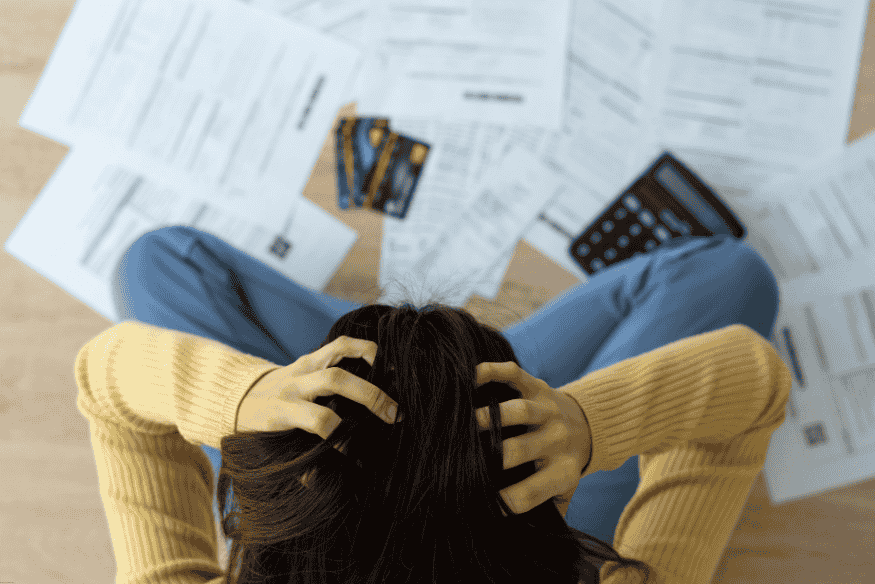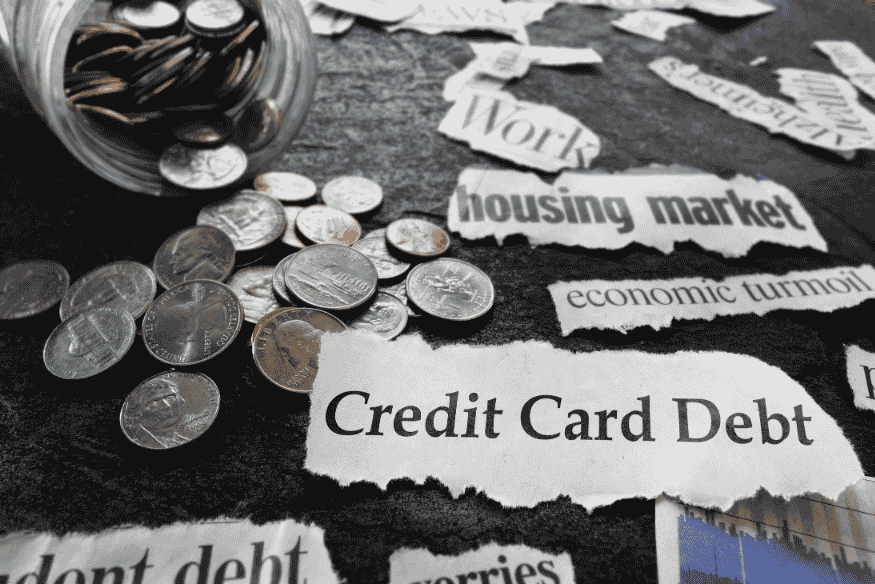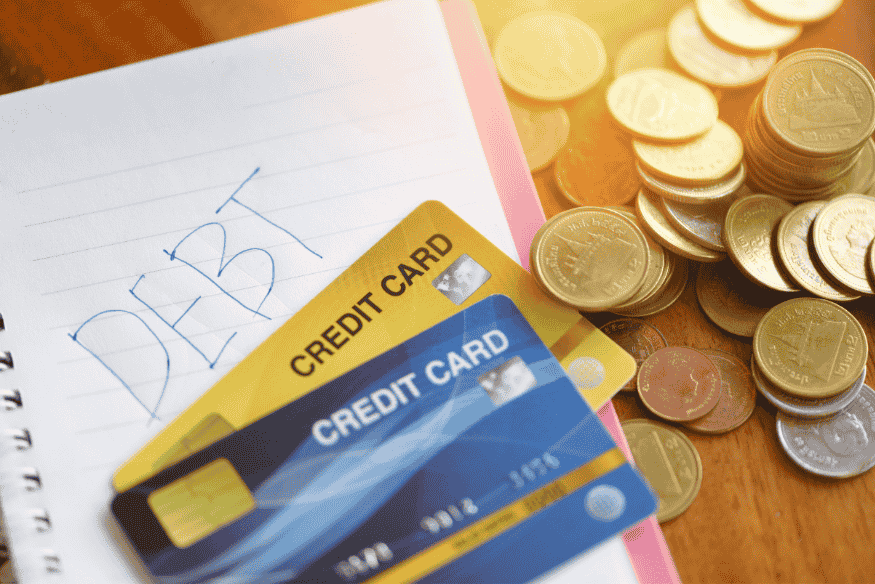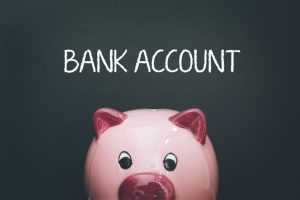Managing your money well is key in today’s world. The Federal Reserve Bank of New York’s Center for Microeconomic Data says credit card debt fell to $1.18 trillion in the first quarter of 2025. This shows a good trend in reducing financial stress.
It’s important to know how to handle your credit card debt. Late payments can cause extra fees and higher interest rates. This makes it harder to clear your balance.
By learning good ways to manage your credit card debt, you can control your finances better. You’ll make smart choices about your money.
Key Takeaways
- Understand the importance of managing your credit card debt.
- Learn strategies to avoid late payments and additional fees.
- Discover effective methods for credit card debt management.
- Take control of your financial health with informed decisions.
- Reduce your financial burdens and achieve stability.
Understanding Credit Card Debt in Finland
It’s key to know about credit card debt in Finland to manage money well. When using credit cards, knowing the current debt situation is vital.
Current Statistics on Credit Card Debt in Finland
Recent data shows a worrying trend in credit card debt statistics in Finland. Many Finns are struggling with credit card debt. Here are some important numbers:
| Year | Average Credit Card Debt | Percentage of Population in Debt |
|---|---|---|
| 2020 | €1,500 | 20% |
| 2022 | €1,800 | 25% |
Common Causes of Credit Card Debt Among Finnish Consumers
The rise in consumer debt Finland is due to many factors. Overspending, poor budgeting, and unexpected costs are common. To avoid these, track your spending and make a budget that works for you.
Knowing why credit card debt happens helps you manage your finances better.
The Impact of Credit Card Debt on Your Financial Health

Credit card debt can harm your financial health in many ways. It affects not just your current money situation but also your future. When you have credit card debt, you face immediate and long-term money problems.
Short-term Consequences
In the short term, credit card debt can lead to late fees and higher interest rates. If you miss payments, you’ll get hit with extra fees. This can make the debt harder to pay off.
Long-term Effects on Your Credit Score
The long-term effects of credit card debt are serious, especially on your credit score. Your credit score is based on how much you owe, how you pay, and other factors. A bad score can make it tough to get loans or credit later on.
How Credit Reporting Works in Finland
In Finland, credit agencies track your financial history. They use your credit card debt and payment history to make your credit report. Knowing how this works can help you manage your debt and keep a good credit score.
Creating a Realistic Budget to Avoid Credit Card Debt
To avoid credit card debt, making a budget is key. It should match your income and expenses. A good budget helps you make smart money choices.
Tracking Your Income and Expenses
Understanding your money flow is the first step. Watch every transaction, big or small. This helps you see how you spend your money.
Finnish Budgeting Apps and Tools
Using budgeting apps can make tracking easier. In Finland, Nordea’s Solo and OP’s Mobile Banking are great. They help you sort expenses and track bills.
Allocating Funds for Credit Card Payments
After knowing your finances, set aside money for credit cards. Pay off debts with high interest rates first. This saves you money in the long run.
Adjusting Your Budget for Finnish Seasonal Expenses
Finland’s seasons change your spending. You might spend more on heating in winter or travel in summer. Update your budget to handle these changes.
| Season | Typical Expenses | Budget Adjustment |
|---|---|---|
| Winter | Heating, warm clothing | Increase heating budget by 10% |
| Summer | Travel, outdoor activities | Allocate 5% for travel and leisure |
By using these budget tips, you can manage your money better. This helps you use credit cards less.
Smart Credit Card Usage Strategies
Credit cards can be very useful if used right. They offer convenience and rewards. It’s important to know how to use them well.
Using Credit Cards for Necessary Expenses Only
Using your credit card for things like groceries and bills helps manage money better. This way, you avoid spending too much and getting into debt.
Taking Advantage of Rewards Without Overspending
Many cards offer rewards like cashback or travel points. To enjoy these without spending too much, know your card’s rewards program. Use it for your regular, necessary expenses.
Understanding Interest Rates and Fees in Finnish Credit Cards
Finnish credit cards have different interest rates and fees. Knowing these helps avoid surprise charges.
Comparing Popular Finnish Credit Card Options
| Credit Card | Interest Rate | Annual Fee | Rewards Program |
|---|---|---|---|
| Nordea Kredit | 13.99% – 23.99% | 0 – €120 | Cashback |
| OP Credit Card | 10.90% – 19.90% | 0 – €100 | OP Bonus Points |
| Danske Bank Credit Card | 12.99% – 20.99% | €0 – €150 | Cashback and Travel Points |
Understanding your credit card’s terms, like interest rates and fees, helps you make better choices.
Setting Up Payment Systems to Avoid Late Payments
Use automatic payments and digital banking tools from Finnish banks to pay on time. This method avoids late fees and eases payment stress.
Automatic Payment Options Through Finnish Banks
Finnish banks offer automatic payment options for credit cards. You can set up recurring payments to pay your bill every month without manual effort. To start, follow these steps:
- Log in to your online banking account.
- Navigate to the bill payment or credit card section.
- Select the option for automatic payments and specify the payment amount and frequency.
Benefits of Automatic Payments: They prevent late fees, ensure regular payments, and lower the chance of missing a payment.
Payment Reminders and Notifications
Many banks and credit card issuers send payment reminders and notifications. These can come via SMS, email, or mobile apps. They remind you when payments are due. You can adjust these reminders in your online banking or mobile app settings.
Using Digital Banking Tools in Finland
Finland’s digital banking services are top-notch. You can use mobile apps to manage your finances. These apps let you check accounts, transfer money, and pay bills anytime. They help you stay on top of credit card payments.
Tip: Check your payment settings and bank notifications often. This ensures you’re using all available services.
Building an Emergency Fund as Protection Against Debt

Having a safety net helps avoid debt when unexpected costs come up. An emergency fund is money saved for sudden expenses like car fixes or medical bills. This way, you don’t have to use credit cards as much.
An emergency fund brings peace of mind and keeps your finances stable. It’s key to figure out how much to save, where to keep it, and when to use it.
How Much to Save in Finnish Economic Context
The right savings amount varies based on your income, spending, and debts. Aim to save 3-6 months’ worth of living costs. In Finland, remember to factor in living costs like rent, food, and transport.
Here’s a look at average monthly costs in Finland:
| Expense Category | Average Monthly Cost (€) |
|---|---|
| Rent | 800-1,200 |
| Food | 300-500 |
| Transportation | 80-100 |
| Total | 1,180-1,800 |
Where to Keep Your Emergency Fund in Finland
Keep your emergency fund separate from your daily spending. A high-yield savings account is a good choice. It earns interest and is easy to access. Finnish banks offer these accounts with good interest rates.
When to Use Your Emergency Fund Instead of Credit
Use your emergency fund for unexpected bills like medical emergencies or car repairs. Don’t use credit cards for these, as they can lead to debt. Using your emergency fund keeps your finances stable and avoids debt.
Building and keeping an emergency fund shields you from financial shocks. It also cuts down on credit card use.
Practical Ways to Avoid Credit Card Debt in Daily Life
Making small changes in your daily life can help you avoid credit card debt. Simple habits can reduce your need for credit cards and boost your financial health.
Shopping Strategies to Prevent Impulse Purchases
Being mindful of your shopping habits is key to avoiding credit card debt. Make a shopping list and stick to it to avoid impulse buys. Also, limit your purchases to only what you need to avoid credit card interest.
Meal Planning and Grocery Budgeting in Finland
Meal planning is a smart way to cut down on expenses. Plan your meals and make a grocery list to avoid last-minute, expensive buys. Choose seasonal produce in Finland for budget-friendly meals.
Entertainment and Leisure on a Budget
Enjoying leisure activities doesn’t have to cost a lot. Finland has many free or low-cost cultural activities.
Taking Advantage of Free Finnish Cultural Activities
Finland has lots of free cultural activities. Visit museums on special days or enjoy parks and outdoor spaces. These activities can enrich your life without spending too much.
By using these strategies, you can make big steps towards avoiding credit card debt. Living frugally in Finland means being smart with your money and making choices that fit your goals.
Dealing with Existing Credit Card Debt
Credit card debt can feel overwhelming. But, there are ways to manage and get rid of it. If you’re struggling, it’s key to tackle it quickly to avoid more problems.
Debt Repayment Strategies
Choosing the right way to pay off debt is important. Two common methods are the snowball and avalanche.
Snowball vs. Avalanche Methods
The snowball method starts with the smallest credit card balances first. You make minimum payments on others. This method gives you a quick win as you clear smaller debts.
The avalanche method focuses on the highest interest rates first. It can save you more money in interest over time than the snowball method.
Negotiating with Credit Card Companies in Finland
You can negotiate with your credit card company to lower interest rates or waive fees. It’s worth calling to see what options are available.
Debt Consolidation Options Available to Finnish Consumers
Debt consolidation combines multiple debts into one loan. This often has a lower interest rate and one monthly payment. In Finland, you can find debt consolidation loans from banks or financial institutions.
Consolidating your debt can make managing your finances easier. It might also lower the total interest you pay.
Understanding Finnish Consumer Credit Laws and Protections
Knowing your rights under Finnish consumer credit laws is key to handling your credit card well. These laws aim to shield you from unfair practices. They make sure you’re treated fairly by credit card companies.
Rights as a Credit Card Holder
In Finland, as a credit card holder, you have certain rights. These rights protect your financial well-being. For example, you must get clear info about your credit card’s terms and conditions, like interest rates and fees.
Credit card companies must also send you regular statements. They have to tell you about any changes to your agreement.
Debt Collection Practices
Finnish law controls how creditors collect debts, ensuring they treat you right. Debt collectors must give you all the details about your debt. They can’t use scary or annoying tactics.
You’re also protected by laws that cap the amount of debt that can be collected.
Resources for Financial Assistance
If you’re having trouble with credit card debt, help is out there. You can get support from financial counseling services. They can help you manage your debt and talk to creditors.
Knowing about these protections and resources can help you handle your credit card debt better.
Building Healthy Financial Habits to Avoid Credit Card Debt
Creating a strong financial base means regular checks, learning, and setting goals. These habits help you use credit cards less and stay out of debt.
Regular Financial Check-ups
It’s key to keep an eye on your spending, savings, and debt. Track your income and expenses. Use digital tools in Finland to make it easier.
Continuous Financial Education Resources in Finland
Finland has many resources for learning about money. You can find online courses, workshops, and counseling. These help you understand financial planning and managing credit better.
Setting and Achieving Financial Goals
Having clear financial goals keeps you on track. Whether it’s saving for something big or paying off debt, breaking it down helps. This is crucial for good financial planning.
| Financial Habit | Benefits |
|---|---|
| Regular Financial Check-ups | Improved budgeting, reduced debt |
| Continuous Financial Education | Enhanced financial literacy, better decision-making |
| Setting Financial Goals | Increased motivation, focused financial planning |
Conclusion: Taking Control of Your Financial Future

By following the tips in this article, you can improve your financial health. Start with a realistic budget and set up automatic payments. These steps will help you make smart money choices.
In Finland, you can use many tools to manage your money well. Knowing your rights and using digital banking can boost your financial stability.
Getting control of your finances takes dedication and discipline. But the rewards are huge. Begin using these strategies now for a better financial future.









